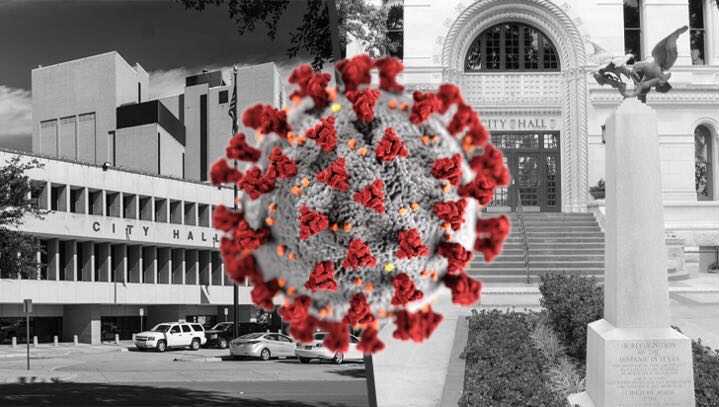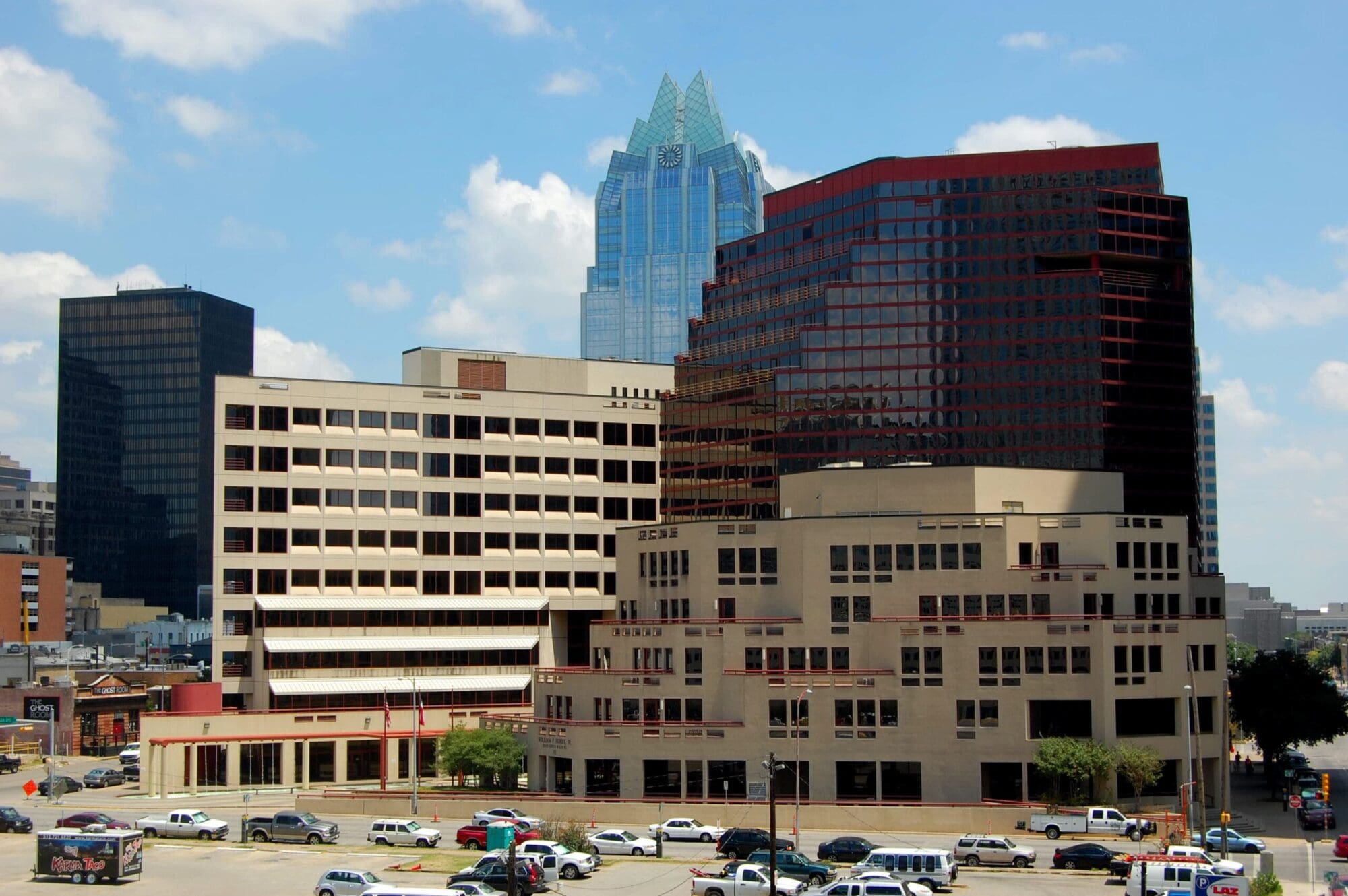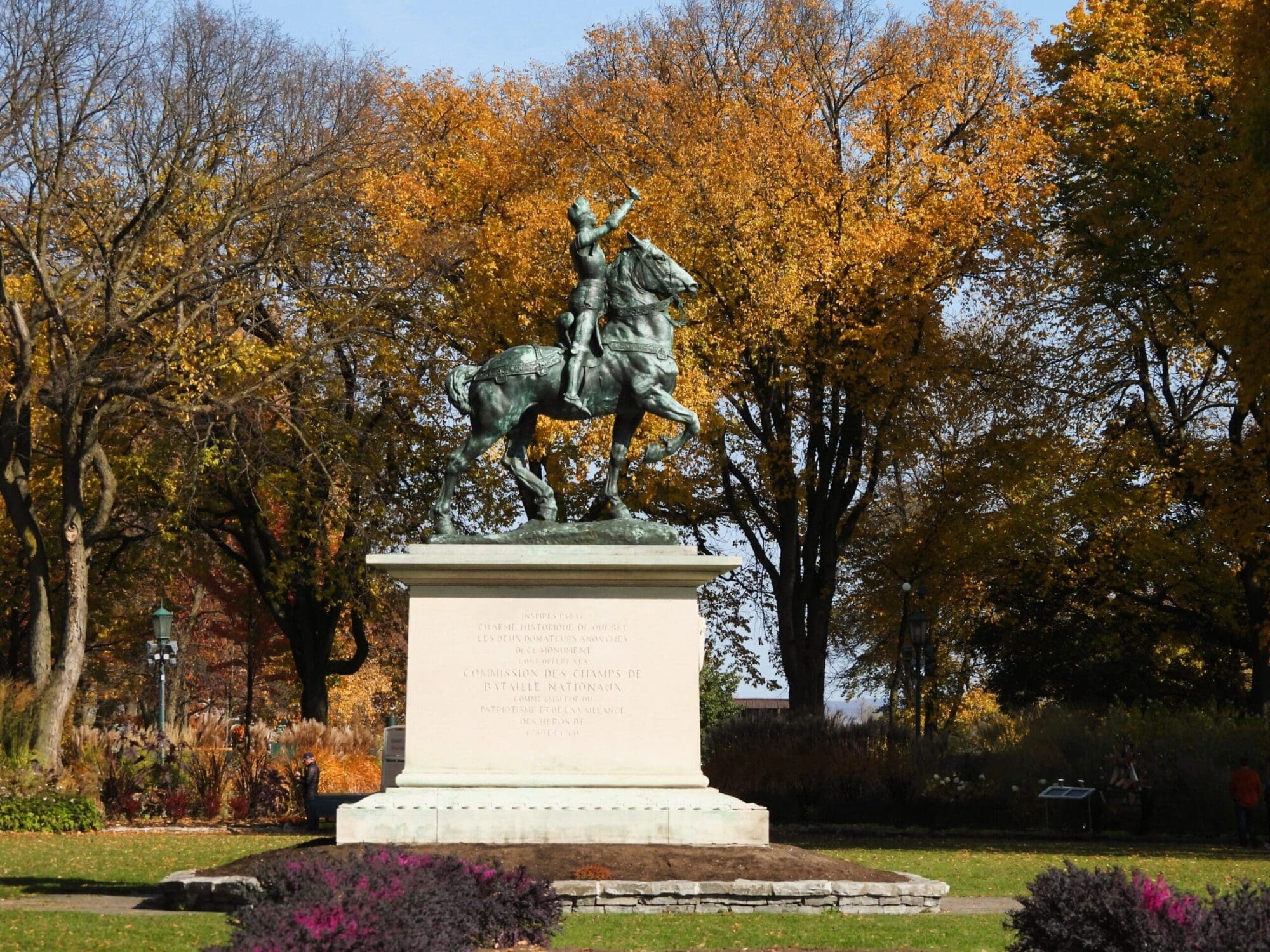According to documents obtained by Texas Scorecard, four of Texas’ most populated cities issued a combined hundreds of citations over the past year for violating state and local mandates in response to the Chinese coronavirus. San Antonio issued the most, with Fort Worth, typically a Republican city, in second place.
Last March, Gov. Greg Abbott and local officials began decreeing a series of mandates and shutdowns on citizens, including Abbott’s July statewide mask mandate (which he finally rescinded weeks ago, along with most of his other restrictions).
Texas Scorecard previously reported on citations issued in November 2020 by five of Texas’ major cities—Austin, Dallas, Fort Worth, Houston, and San Antonio—for not complying with these mandates.
This January, we sent open records requests to the same cities, seeking all COVID citations they issued in 2020.
San Antonio
San Antonio took the lead, writing 148 citations in 2020. Of those, 70 were for “health and safety policy violation,” 40 were for a “single household gathering,” 20 were for “failure to close a non-exempt business,” 15 were for “failure to post health and safety policy, and three were for “exceeding occupancy limit.”
No citations are shown to have been issued since September.
Fort Worth
Fort Worth—which has a reputation for being a Republican city—earned second place, slapping citizens with 66 citations in 2020: 18 for not obeying Gov. Greg Abbott’s statewide mask mandate and not practicing “social distancing,” 12 against businesses for “operating against emergency closure order,” five for “street feeding,” two for “not enforcing social distancing,” and one for “operating over 50% occupancy and not enforcing social distancing.”
“Street feeding is just a general complaint category,” said Brandon Bennett, director of Fort Worth Code Compliance, adding that it’s similar to the categories of “structure fire” for the fire department, or “suspicious activity” for the police, in that it is further defined upon investigation. “Typically what happens is staff will arrive on-site, somebody will have set up a van or … a pickup truck, these little portable tents, something like that, and they are distributing clothes or food to the public from a public right of way.”
Upon investigation, Bennett said food safety becomes an issue if it’s found the food is prepared but not pre-packaged—such as smoked brisket or baked chicken—and there aren’t “the necessary records to show how it was prepared, where it was prepared, [that] the safety guidelines were followed, [and/or] the people don’t have their health permits.”
“The citations that have occurred … my understanding is that these are all food safety violations,” he continued. “Where they were in the right of way, we gave them a warning and asked them to move off the right of way [for] that type of activity but still held them accountable for the food safety violations.”
“We give many, many warnings,” Bennett continued, saying they encourage nonprofits distributing clothes or food to do so lawfully on private property. “If it is a food safety violation and we haven’t been able to get compliance with warnings, then we’ll go ahead and issue citations.”
Sources told Texas Scorecard at least one of these citations was for an individual who bought food at a national chain and was giving it to homeless people. “You would still have to have food safety cards, and they will still have to account for the distribution of the food,” Bennett replied when asked about this. “We still have to ensure that as the food is moved from point A to point B, and then distributed, that it’s kept at the right temperature and … it’s not getting contaminated … with any number of things.”
Twenty-eight of the 66 citations Fort Worth issued were against Rail Club Live, the bar owned by Christopher Polone: 14 were for not obeying Abbott’s executive order to stop “operating bars with over 51 percent alcohol sales,” and 14 were for “failure to cease operation after receiving a notice of suspension of their [Fort Worth] Health Permit.”
Polone said Fort Worth’s citations against him total $30,000. The city even issued warrants for his arrest because he will not pay charges for simply earning income to support his family.
To date, Polone has not been arrested, and Fort Worth Councilman Cary Moon told Texas Scorecard he won’t be. “It’s a code violation, it’s not a misdemeanor code violation,” he said. “It’s not a warrant, it’s a fee citation.” When asked, Moon said the citations issued against Polone, and other businesses, should be dropped.
During this time, businesses are put in a precarious situation to enforce certain restrictions, to serve as code enforcement officers and police officers, and that’s not the role of business. The role of business is not to infringe upon the civil liberties of individuals.
No citations from Fort Worth are shown past November 2020.
Houston, Dallas, and Austin
The City of Houston issued 9 citations and 151 notices of violation, with no citations reported since early May.
The City of Dallas issued a “catastrophe hold” against our open records request, citing the Chinese coronavirus situation. The status remains unchanged after two months, and Texas Scorecard has filed a complaint with Attorney General Ken Paxton’s office.
Austin reported they issued eight citations against citizens for all of 2020 and, unlike the other cities, Austin provided the specific cost charges for the citations.
Four were for failure “to comply with emergency order” at $1,614, two for “gathering” at $852, and one for “COVID stay at home” at $426. One was issued against a citizen for “violation of mask policy” for a charge of $426. The citation fees totaled more than $3,300 in penalties.
Austin’s records show no citations in the last two months of 2020, but a prior open records request showed seven were issued in November. An inquiry was sent to the city about this discrepancy; in their response, they asked Texas Scorecard to specify the sought documents or use their database, which tracks all COVID complaints or citations filed.
The city added that “not all departments use the same database for entries,” complaining that a cross-connected database for all city departments “would require time and funding.”
“The pandemic has made one thing crystal clear: Local government emergency authority is too broad and too intrusive,” James Quintero of Texas Public Policy Foundation told Texas Scorecard. “These wide-ranging powers need to be tailored so that individual liberties are protected and government overreach is quashed.”
A host of good government reforms are needed, including prohibiting localities from imposing excessive fees and fines; stopping the indefinite extension of local disaster declarations; requiring the release of empirical evidence that supports rules and restrictions; strengthening open government laws; and specifying strict scrutiny review for any infringement on rights guaranteed under the Texas Constitution. With these changes in place, we’ll hopefully see a lot fewer tiny tyrants in the future.
Citizens concerned about state and local governments citing and penalizing citizens for not obeying shutdown and mask mandates may contact their state representative or state senator.
If you or someone you know received a citation for violating a recent state or local COVID-excused mandate, contact us at rmontoya@texasscorecard.com.





